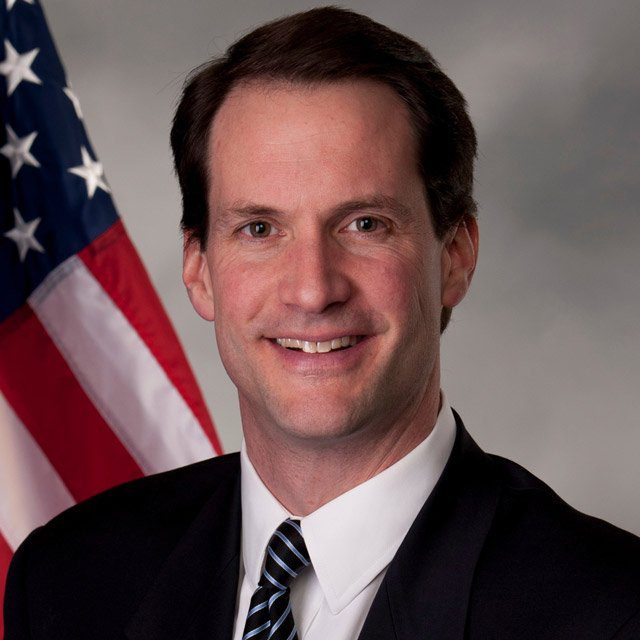How Does Congress Feel About Crypto? Ric Edelman Asks Rep. Jim Himes

The following are edited excerpts of Ric Edelman’s conversation with Rep. Jim Himes, D-Conn., which aired on his radio show and podcast, “The Truth About Your Future.”
RIC EDELMAN: Your background includes time at Goldman Sachs, where you focused on telecom technology, so I’m not surprised that you have an interest in blockchain and digital assets. Is your interest commonly found on Capitol Hill or are you solo in your interest in this subject?
REP. JIM HIMES: No, I’m far from solo. Most members of Congress are intrigued by the innovative possibilities that could come out of crypto — including blockchain and NFTs. They are definitely intrigued by the innovative possibilities, but also a little concerned.
The government will eventually figure out how to do what it should do, which is to regulate what is, at least in a narrow way, a financial market, to make sure you don’t have rampant fraud, and to make sure that people who buy and sell cryptocurrencies can have some confidence in who they’re dealing with.
You’ve strongly advocated for the U.S. to launch a central bank digital currency, and you recently wrote a white paper on it. Why do you believe we need a CBDC?
It helps to start with how currency was developed. A couple of hundred years ago, each state issued its own currency. So did many companies. Eventually, the United States and other countries realized that you had to have one national currency for people to use when making purchases and saving money.
In the crypto realm, I think it’s quite possible that there could be a whole bunch of different cryptocurrencies. But there’s one thing the government can do: Provide a currency that, like a dollar bill, has the backing of the U.S. government. This opens the door to people who may be skeptical of the banking system.
For example, let’s imagine that banks start issuing stablecoins. There’s a percentage of the American population, often immigrants, who aren’t comfortable with banks. So, you can see how a digital representation of the dollars that we carry in our wallets might be valuable to some people who might not trust otherwise the cryptocurrency world.
Is there broad support for a digital currency on Capitol Hill?
Well, I wouldn’t say broad support, but there’s a lot of people intrigued by it.
We’ve seen incredible volatility recently and now it feels like one of those moments where people might say, “Wow, if you could have one of these, it was backed by the government, that would mean something.” There are other people who say, “No, look, the government doesn’t need to be in the business. Banks and other private entities ought to do it.”
So that’s still very much a debate, but there’s some consensus building because even my Republican friends realize that we’ve probably got to be smarter about fraud and risk.




